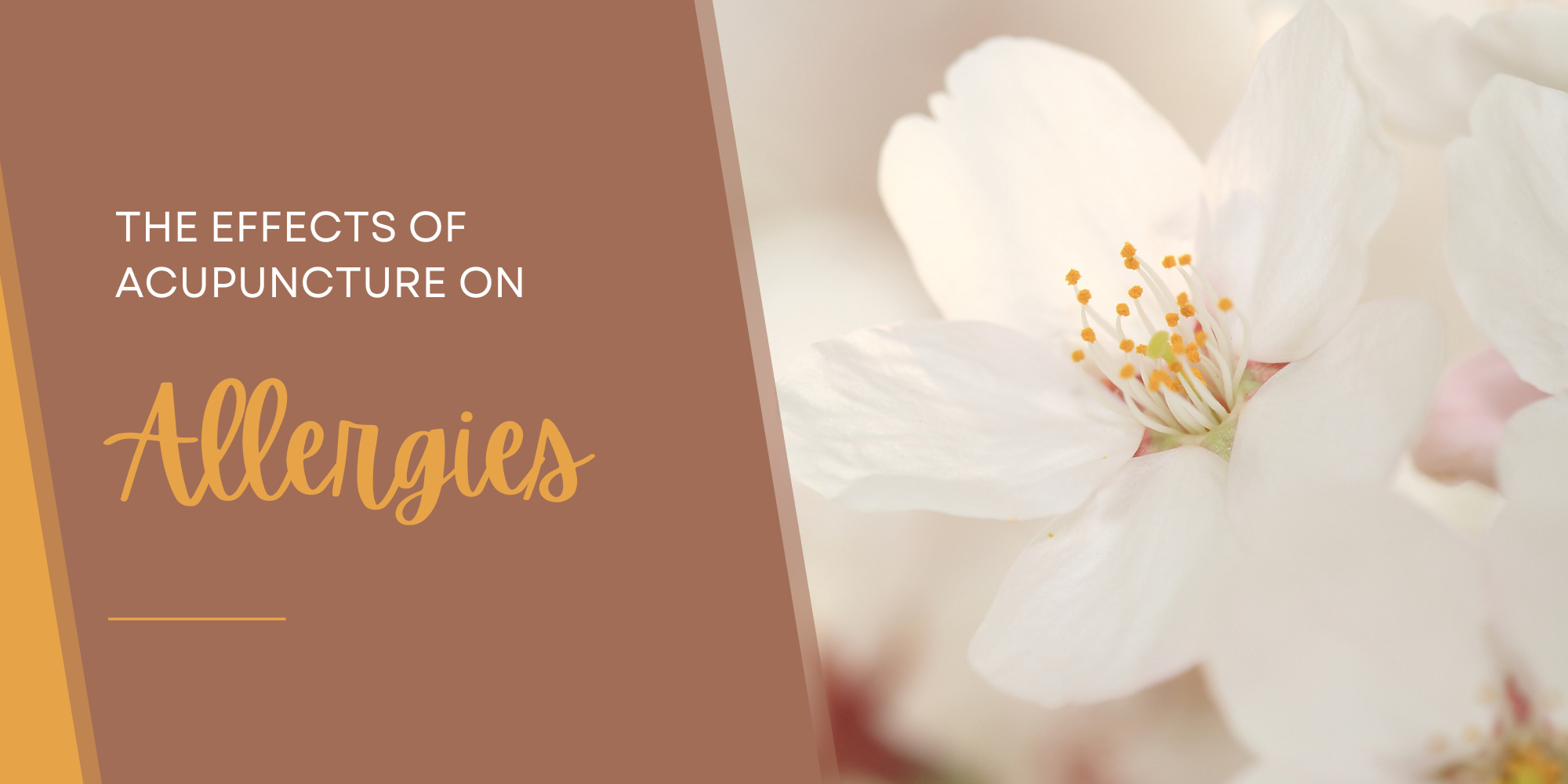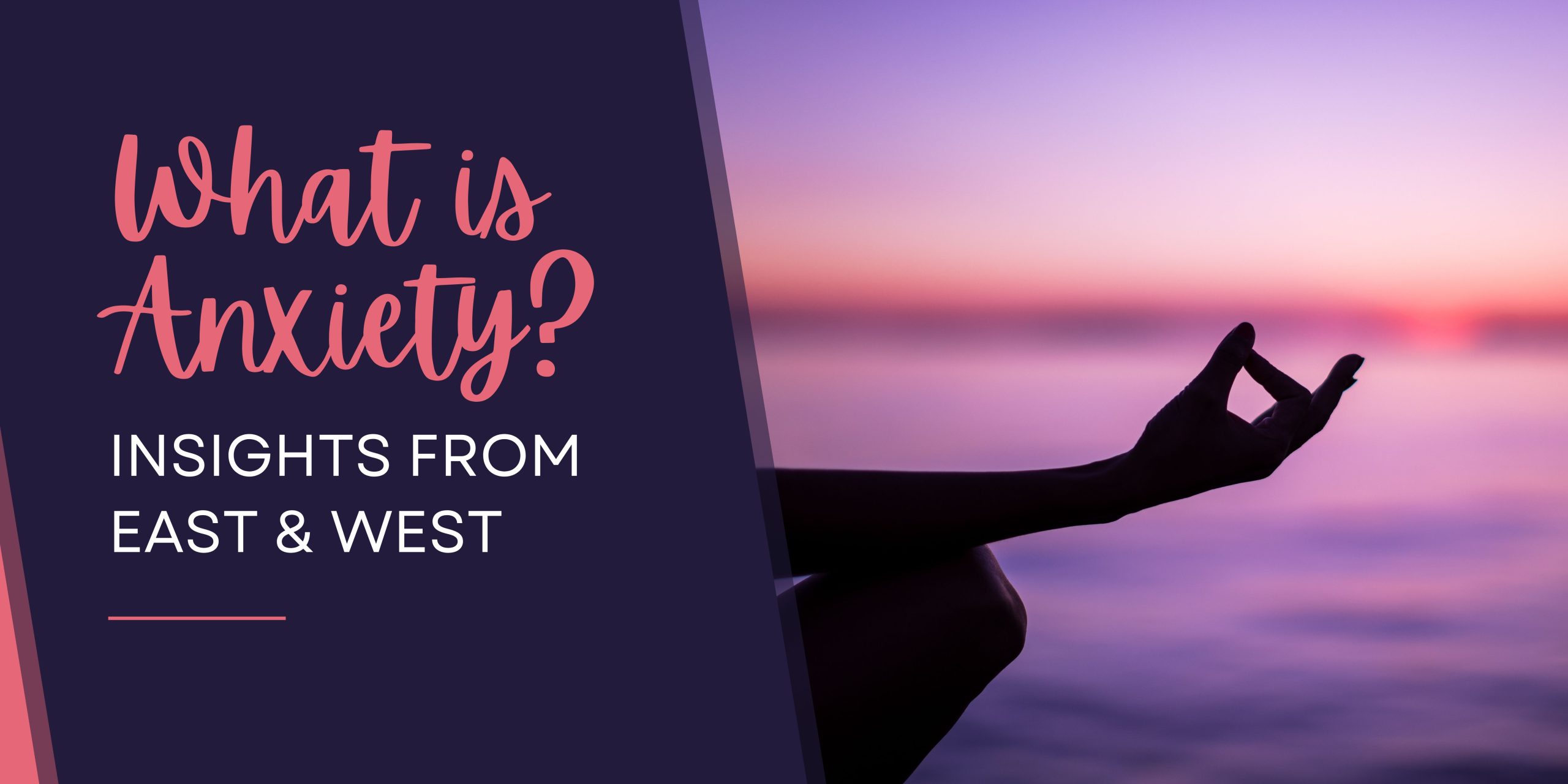
Juvenile arthritis, also known as pediatric rheumatic disease, is one of the most common chronic diseases affecting children, impacting nearly 300,000 children in the United States alone. Despite its prevalence, there’s a significant need for safe, non-pharmacological alternatives to help manage the condition. Acupuncture, a centuries-old practice rooted in traditional Chinese medicine, has been increasingly recognized as one such promising alternative.
Understanding Juvenile Arthritis
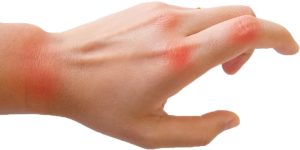 Before delving into the benefits of acupuncture for juvenile arthritis, it’s essential to understand the condition. Juvenile arthritis encompasses several types of autoimmune and inflammatory conditions that can develop in children under 16. These conditions are characterized by inflammation of the joints, leading to pain, swelling, stiffness, and potentially impacting physical development.
Before delving into the benefits of acupuncture for juvenile arthritis, it’s essential to understand the condition. Juvenile arthritis encompasses several types of autoimmune and inflammatory conditions that can develop in children under 16. These conditions are characterized by inflammation of the joints, leading to pain, swelling, stiffness, and potentially impacting physical development.
Pharmacological treatments like nonsteroidal anti-inflammatory drugs (NSAIDs), corticosteroids, and disease-modifying anti-rheumatic drugs (DMARDs) are often prescribed to manage the condition. However, they carry the potential for significant side effects, especially with long-term use. The pursuit of safer, effective alternatives has led to the exploration of integrative therapies like acupuncture.
Acupuncture: An Overview
Acupuncture involves the insertion of thin needles at specific points in the body, known as acupuncture points. This practice is based on the concept of Qi, or vital energy, that traditional Chinese medicine posits flows through the body. It’s believed that stimulating these points can correct imbalances in the flow of Qi, thereby improving health and wellness.
Acupuncture for Juvenile Arthritis: The Research
Several research studies have explored the potential benefits of acupuncture for juvenile arthritis. A growing body of evidence supports acupuncture’s effectiveness for managing chronic pain conditions, including arthritis.
For instance, a 2018 systematic review published in “The Journal of Pain” found that acupuncture was effective in reducing pain severity and improving the quality of life in chronic pain patients. A meta-analysis published in the “Arthritis Research & Therapy” journal in 2019 reported similar findings for adult patients with osteoarthritis, showing that acupuncture significantly reduced pain intensity and improved physical function.
While exploration on the benefits of acupuncture and Juvenile Arthritis still needs to be explored, these studies suggest that acupuncture has potential as a therapeutic option for managing the pain and inflammation associated with juvenile arthritis.
The Benefits of Acupuncture for Juvenile Arthritis
- Pain Relief: Acupuncture is widely recognized for its analgesic properties. It’s believed to stimulate the body’s production of endorphins, often referred to as “natural painkillers.”
- Improved Physical Function: By reducing pain and inflammation, acupuncture may improve the range of motion in affected joints, promoting better mobility and physical function.
- Enhanced Quality of Life: By managing pain and improving physical function, acupuncture can potentially improve the overall quality of life for children suffering from juvenile arthritis.
- Safety and Few Side Effects: Acupuncture is generally considered safe when performed by a trained practitioner. The side effects, if any, are typically mild and transient, including temporary soreness or bruising at the needle sites.
- Non-Pharmacological Approach: Acupuncture offers a non-pharmacological alternative to conventional treatments, reducing the risk of side effects associated with long-term medication use.
It’s time to think outside the box in the fight against juvenile arthritis. The pain and physical limitations associated with this condition can greatly affect a child’s quality of life. However, we’re here to offer a safe, non-pharmacological alternative that holds the potential to manage these symptoms effectively – acupuncture.
The efficacy of acupuncture in managing chronic pain, including arthritis-related pain, has been increasingly recognized. With minimal side effects and the potential for significant pain relief and improved physical function, acupuncture could offer your child an effective way to combat the pain and restrictions posed by juvenile arthritis.
But it all begins with a simple step: Seeking out a consultation with a certified acupuncturist. There’s no “one-size-fits-all” approach to managing juvenile arthritis, and a personalized assessment is critical for tailoring the best acupuncture treatment for your child. These professionals are trained to understand your child’s unique needs and can work alongside your child’s rheumatologist to provide an integrated care plan.
Imagine a world where your child experiences less pain, enjoys better mobility, and can engage in their favorite activities without being held back by arthritis. That’s the world we envision, and it’s one that acupuncture can help to create.
So, don’t wait. Make the decision today to explore how acupuncture could support your child’s journey with juvenile arthritis. Call Heidi at (218) 724-3400, and let’s take the first step towards unlocking a brighter, healthier future for your child.
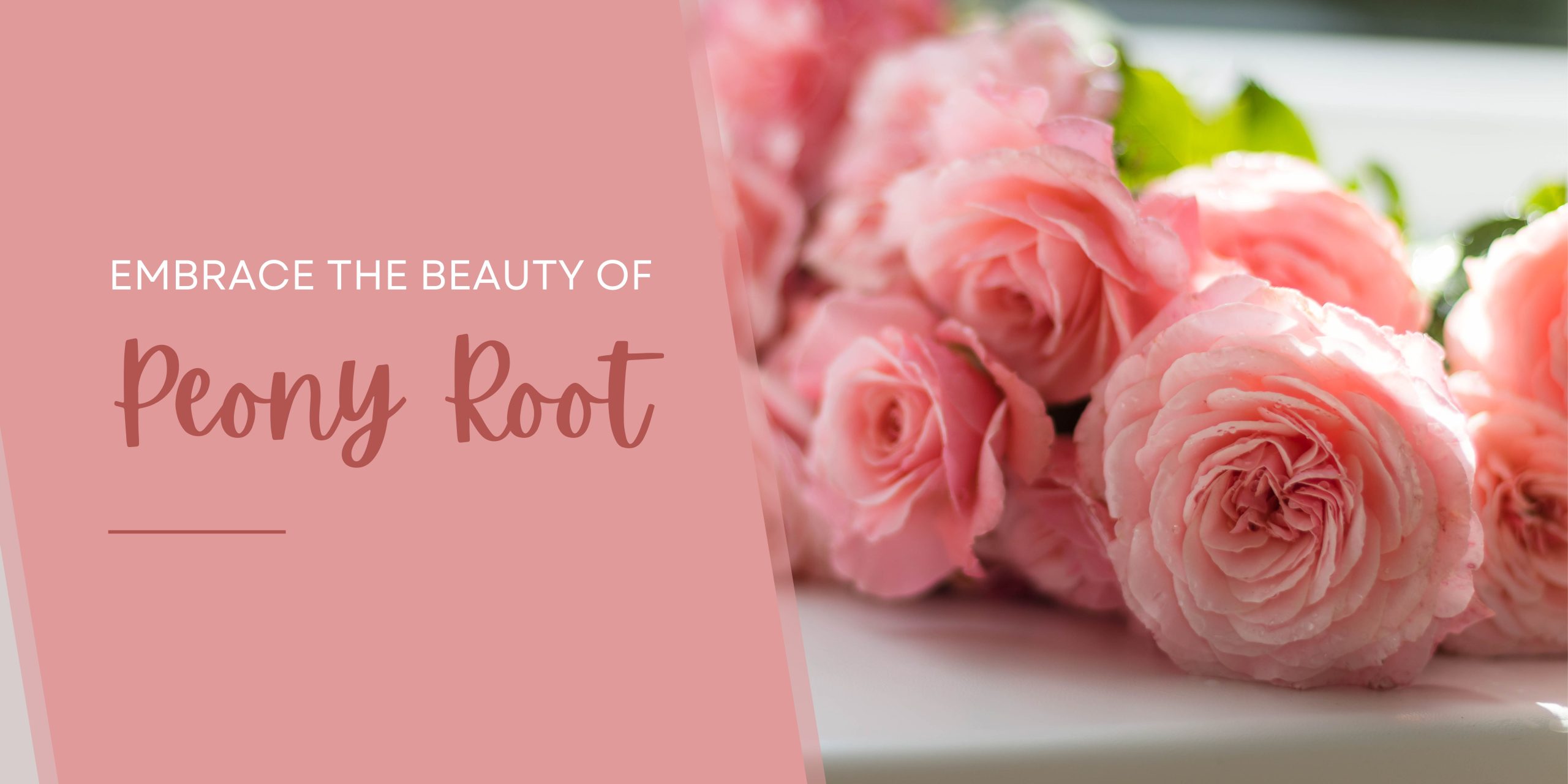


 Before delving into the benefits of acupuncture for juvenile arthritis, it’s essential to understand the condition. Juvenile arthritis encompasses several types of autoimmune and inflammatory conditions that can develop in children under 16. These conditions are characterized by inflammation of the joints, leading to pain, swelling, stiffness, and potentially impacting physical development.
Before delving into the benefits of acupuncture for juvenile arthritis, it’s essential to understand the condition. Juvenile arthritis encompasses several types of autoimmune and inflammatory conditions that can develop in children under 16. These conditions are characterized by inflammation of the joints, leading to pain, swelling, stiffness, and potentially impacting physical development.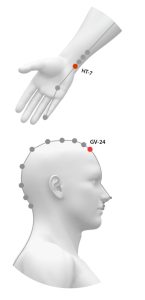 HEART-7: Shen men (spirit gate) Located on the inside of your wrist, in the crease, on the pinky side. Calms the heart, physically and emotionally, to relieve anxiety.
HEART-7: Shen men (spirit gate) Located on the inside of your wrist, in the crease, on the pinky side. Calms the heart, physically and emotionally, to relieve anxiety.